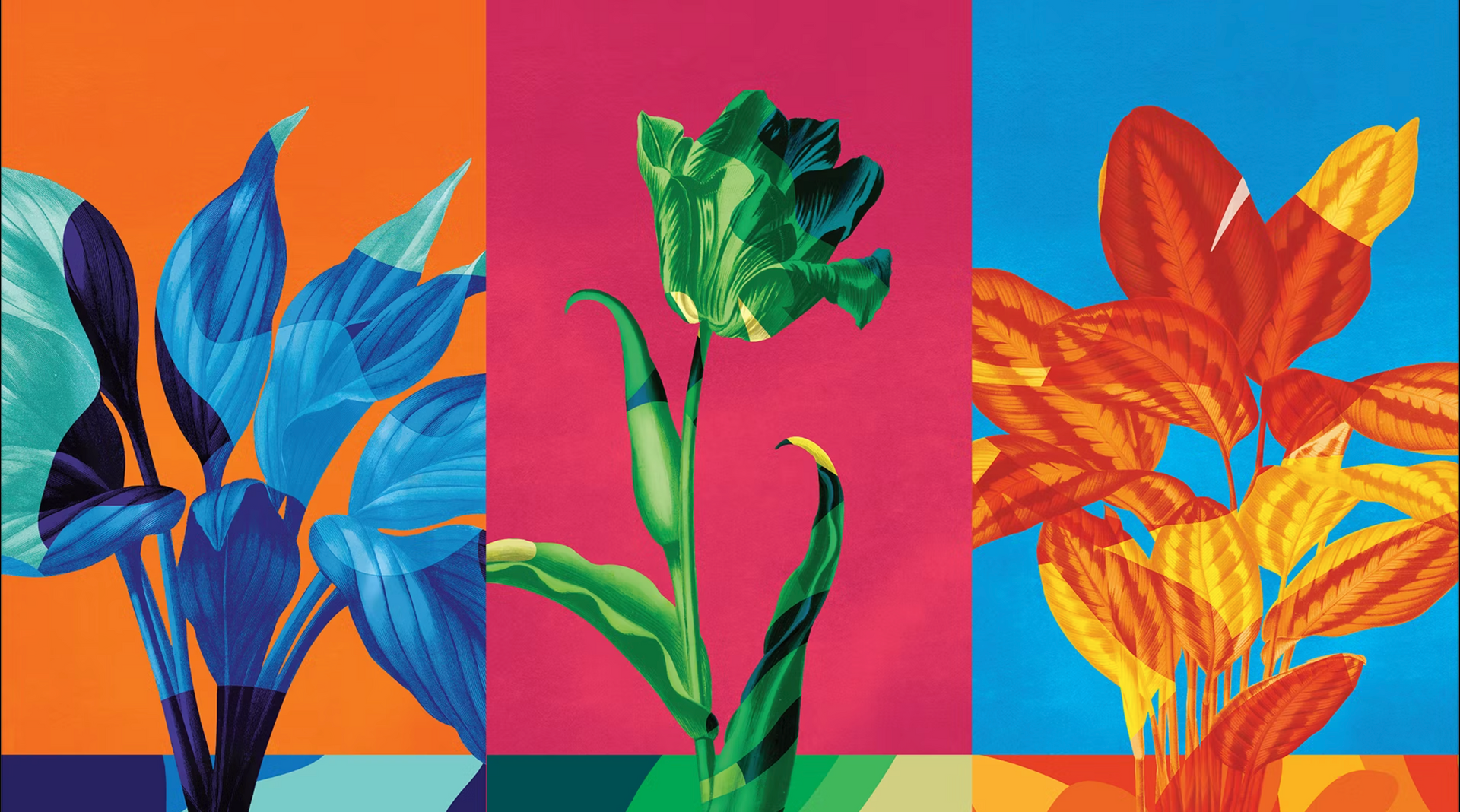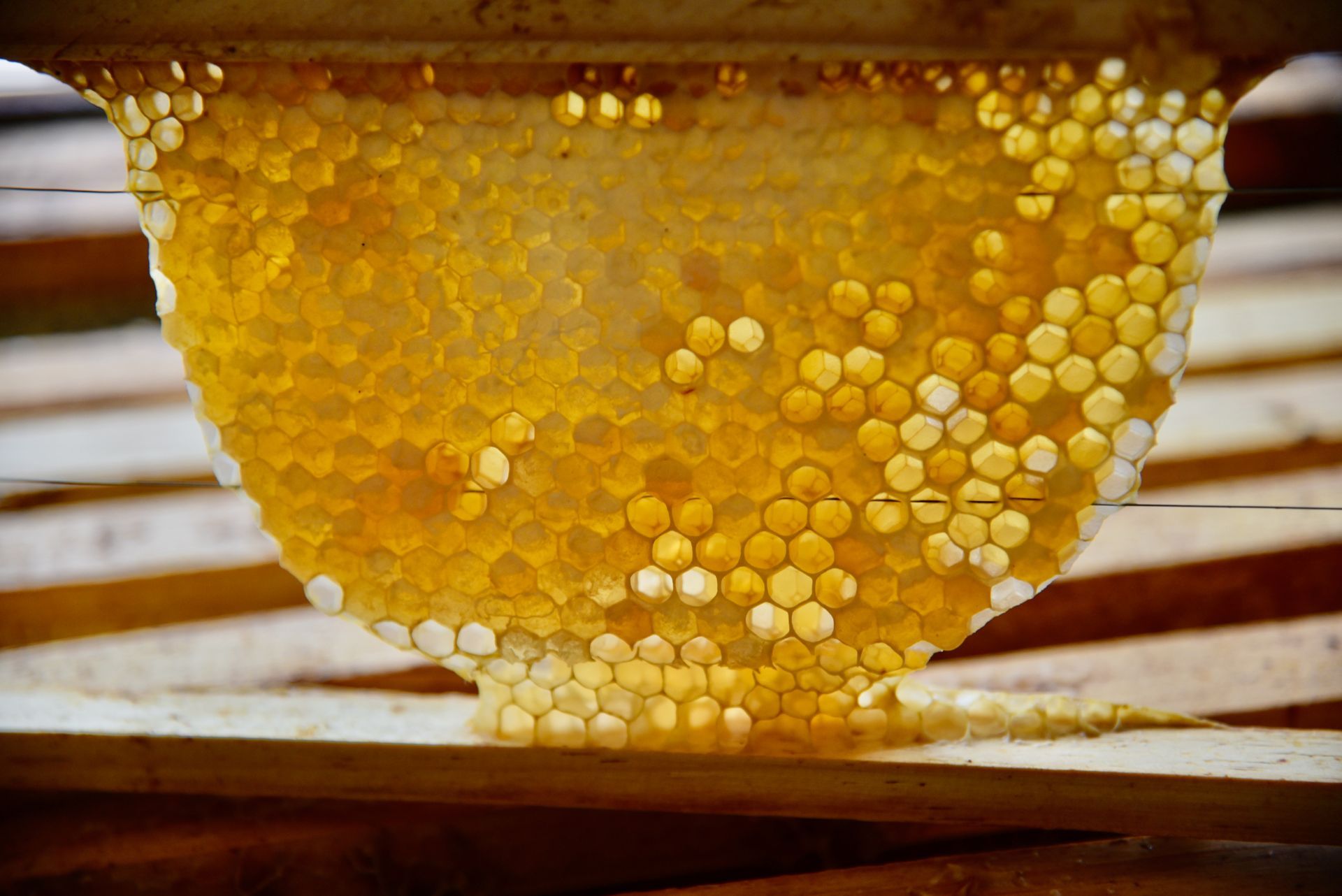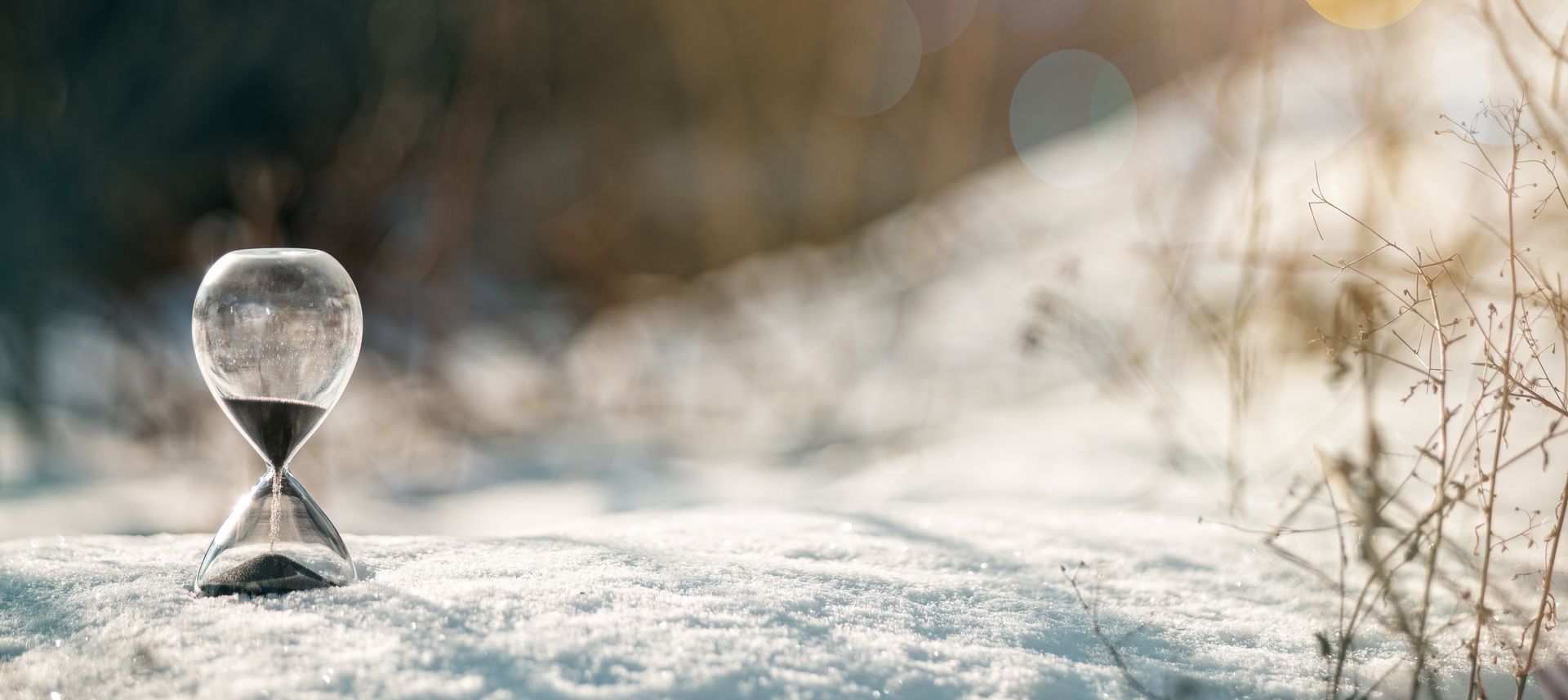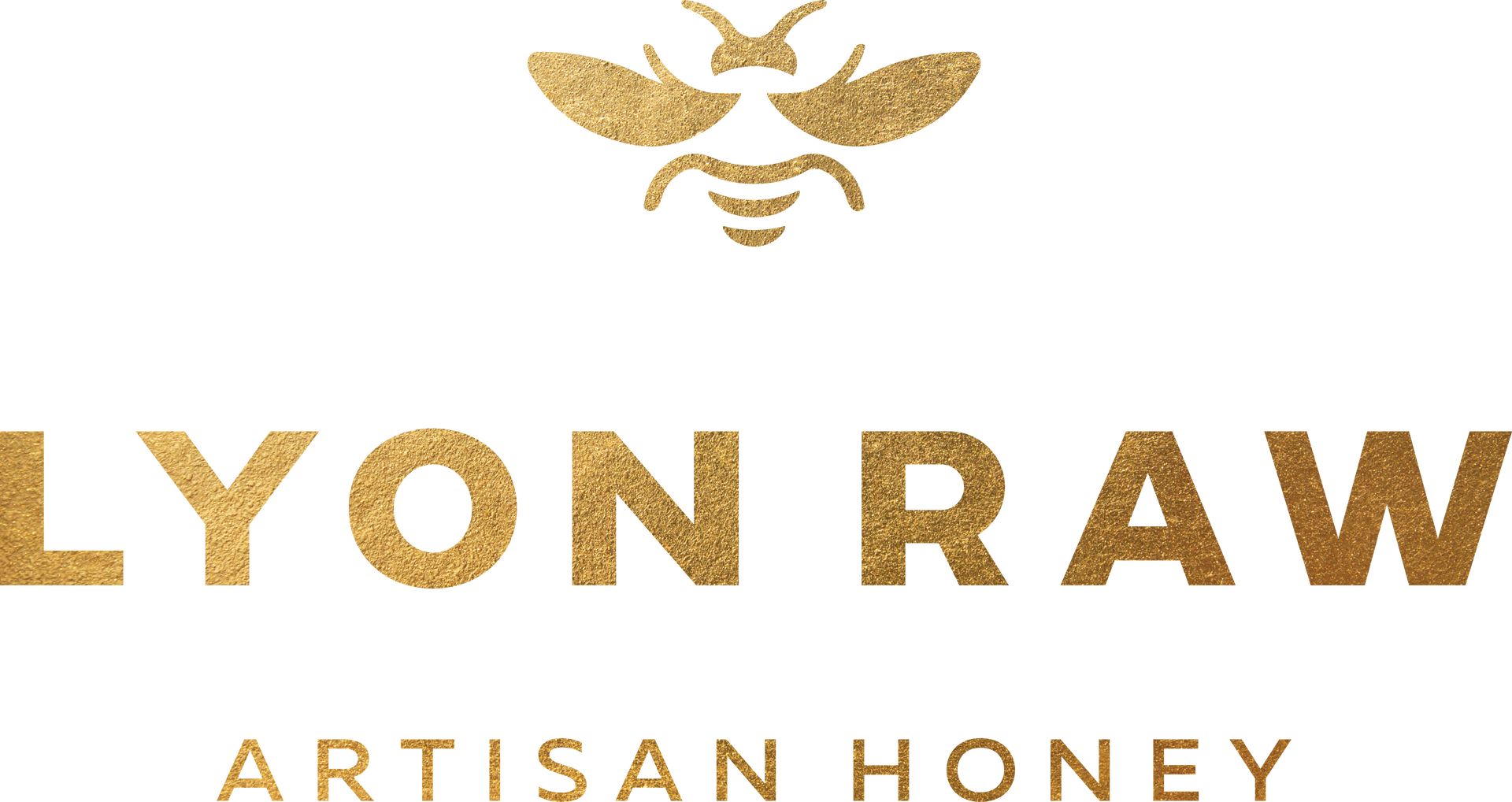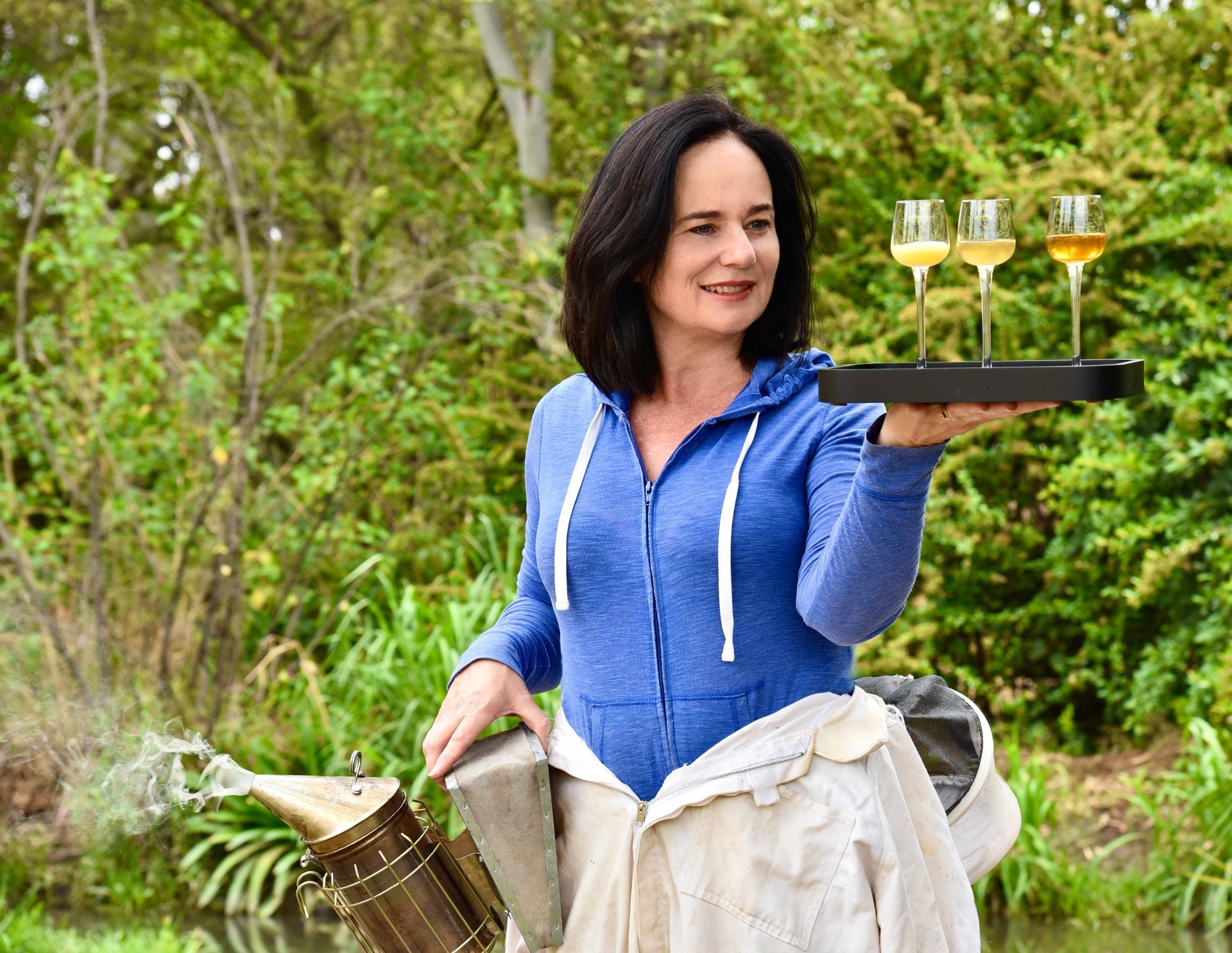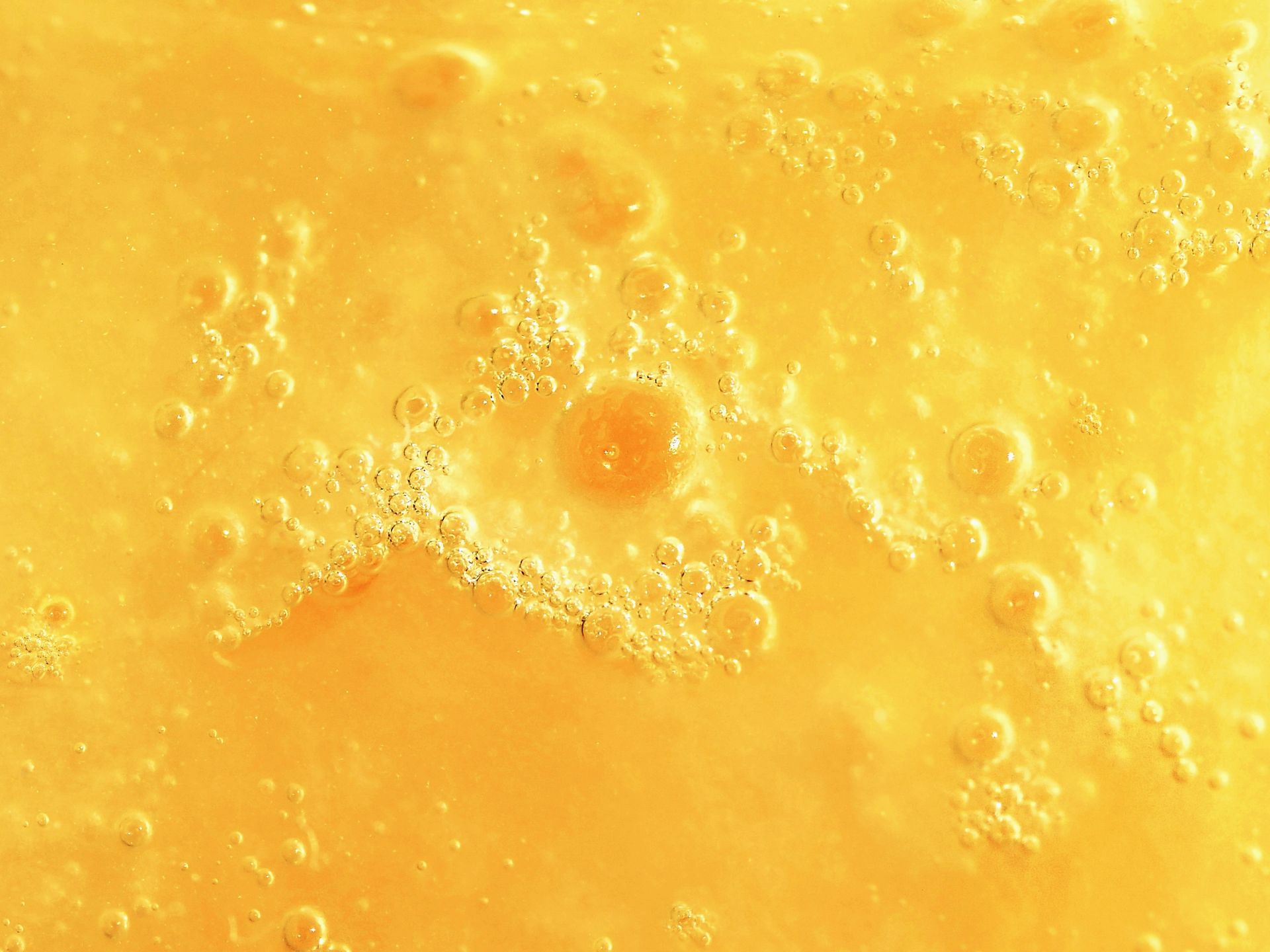Pardon the weeds I’m planting for bees
Grow a garden that welcomes bees
Have you ever considered dedicating a part of your garden to supporting insect life? If you're fortunate enough to have a garden, why not provide space for informal insect settlement? Lyon Raw has lovely "Air Bee & Bee" hotels that encourage bee diversity and make for thoughtful gifts.
Sadly, most children grow up disliking insects. However, observing the activities in and around a solitary bee hotel is an exciting activity that can encourage children to learn more about these incredible beings and be inspired to protect our insects. Kids love watching the bees fly in and out and may even be able to spot their treasures from pollen grains to flying back with bits of leaves to line their nests.
Insects form the backbone of sustainable ecosystems, and we desperately need them. They pollinate our crops, recycle waste, keep soil healthy, control pests, and so much more. Of the estimated 5 million species of insects worldwide, we've only named 1 million. Of those, we know virtually nothing about their biology, distribution, and abundance.
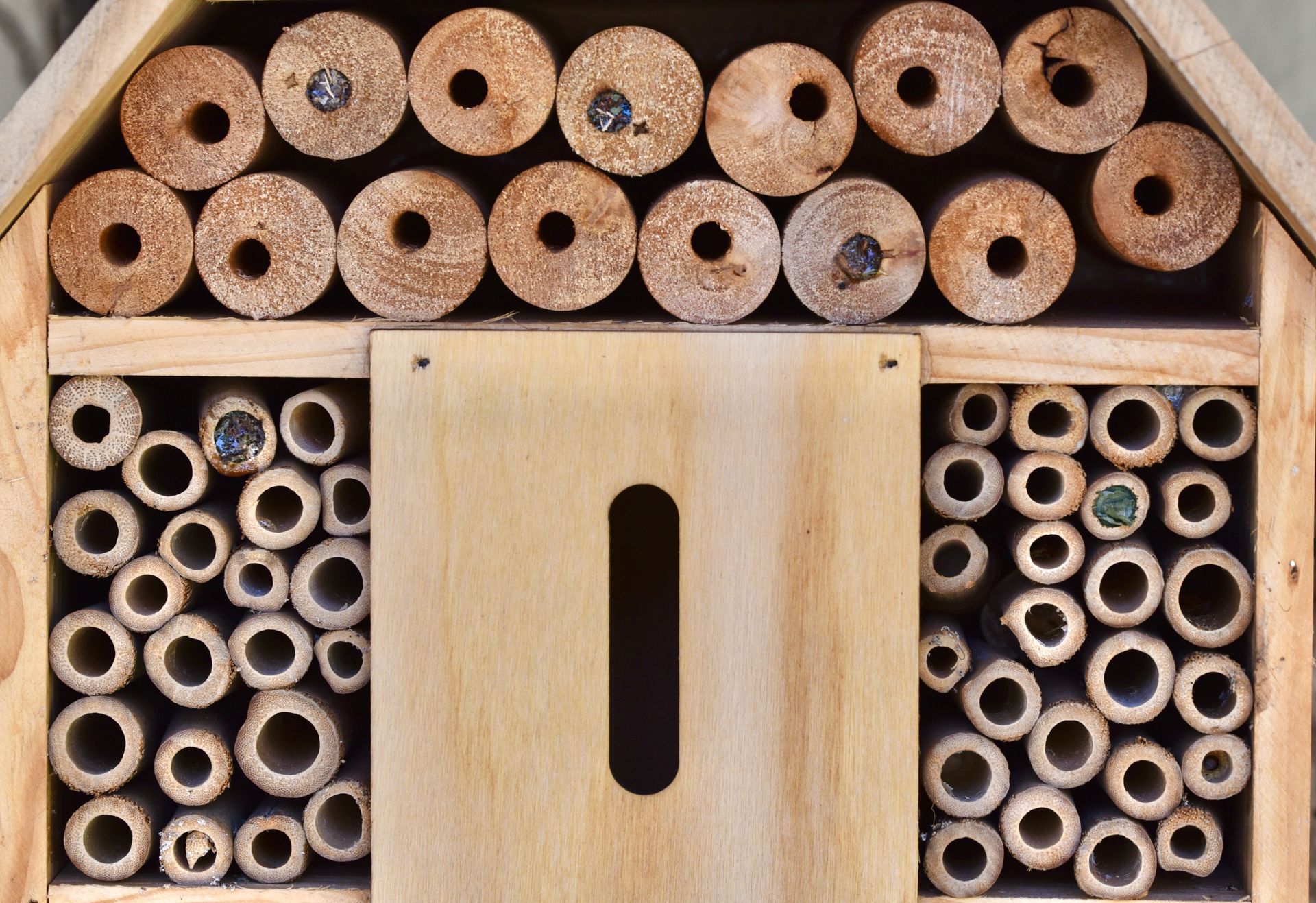
It's widely accepted that we're now living in the Anthropocene, a new geological epoch in which the Earth's ecosystem and climate are being fundamentally altered by human activities. To continue to enjoy quality raw honey, fresh fruit, veggies, and so much more, we can all take small steps to help. Here are some suggestions:
Here are some suggestions:
🐝 Say NO to pesticides
🐝 Educate family and friends
🐝 Plant for bees
🐝 Leave patches in our gardens undisturbed
Here are some bee-friendly plants to consider:
🐝 Agapanthus
🐝 Gazanias
🐝 Blue ribbon bush
🐝 Bottlebrush
🐝 Strelitzia
🐝 Sea lavender (flowering now)
🐝 Most herbs (allow to reach the flower and seed stage before pruning)
🐝 Poppies (reaching the end of flowering now)
🐝 Aloes
🐝 And one of my favourites, Euphoria Glamour, which attracts a wide variety of pollinators.
Tip: Visit your local nursery during the year to observe which plants the bees and pollinators forage from in your region. They will lead you to the best plants for your garden.
Companion planting is a wonderful way to deter pests in our gardens and further enhance crop yield for fruit and vegetables.
Further useful information can be found at www.organicseeds.co.za, http://livingseeds.co.za, www.gardeningofsouthafrica.co.za
Contact us to find out how we can help you to create a pollinator sanctuary.
If you're interested in insects and pollinators, I highly recommend reading "Silent Earth" by scientist Dave Goulson.
Please note that our solitary air "Bee & Bee" hotels do not attract honey bees. South Africa is home to around 1,300 bee species out of the 22,000 bee species worldwide. That's pretty incredible!
Thank you for reading, and happy bee spotting!
